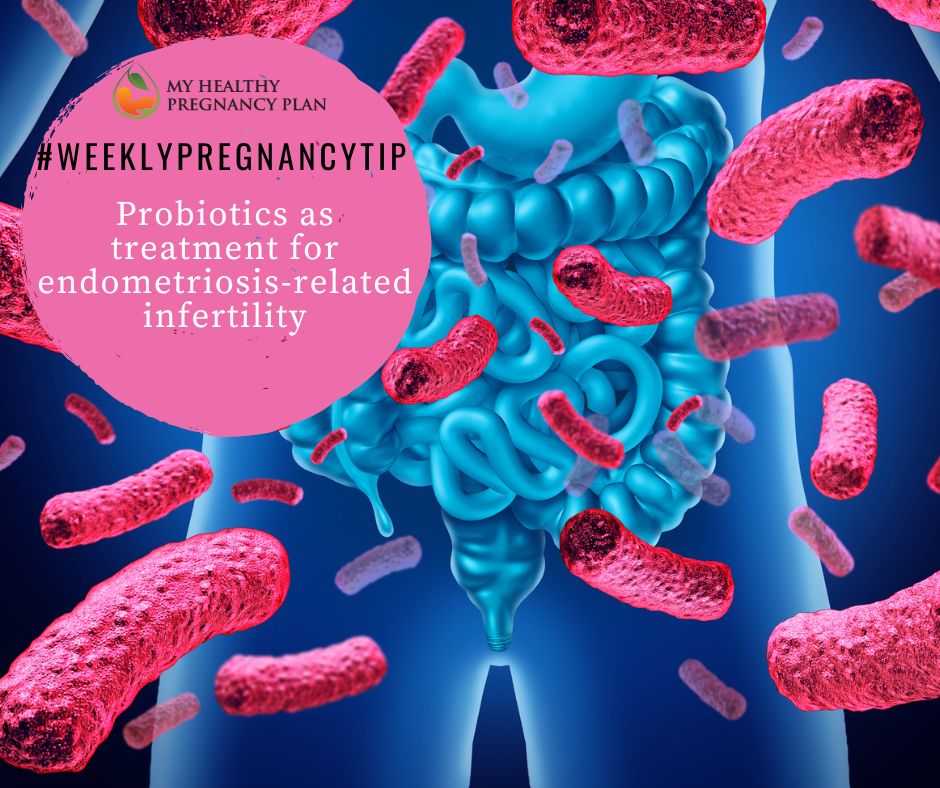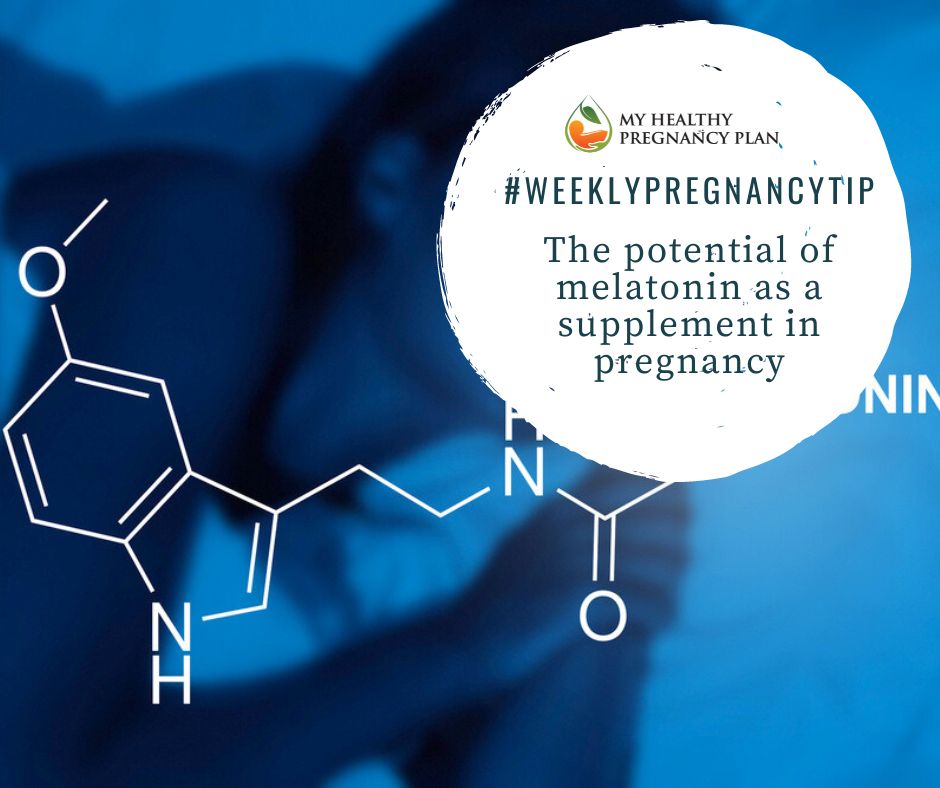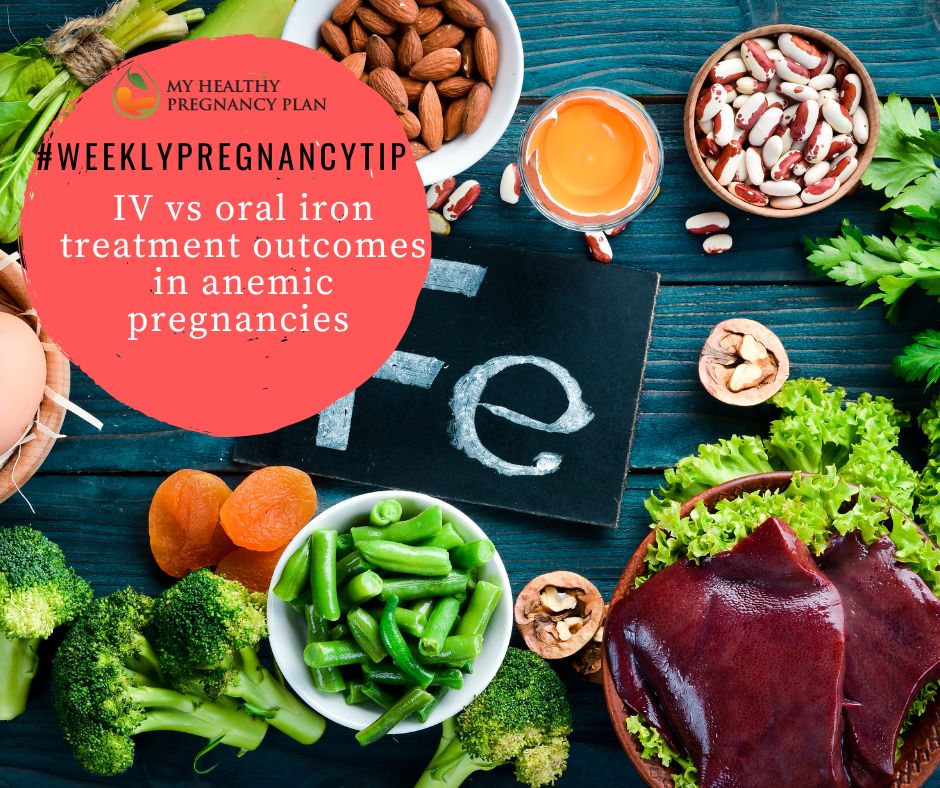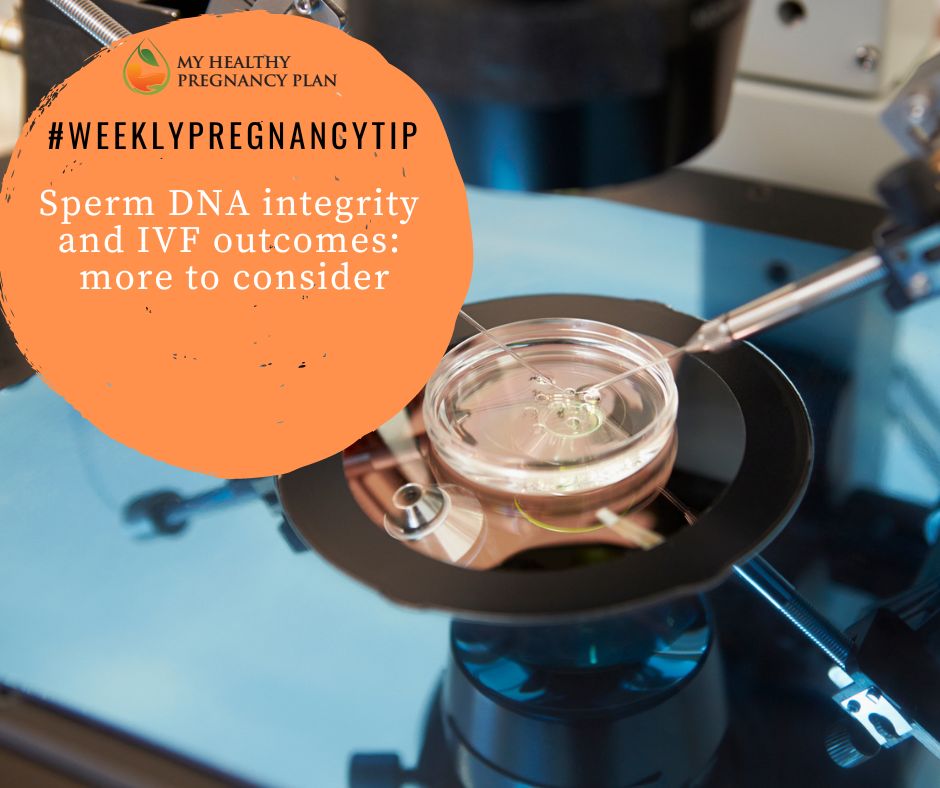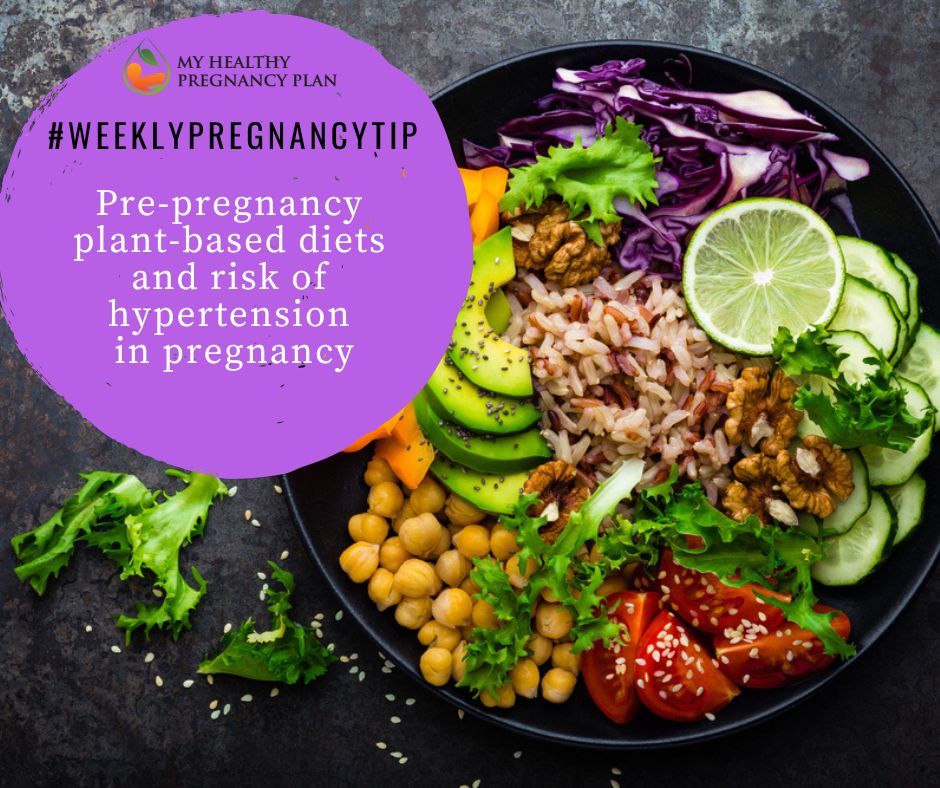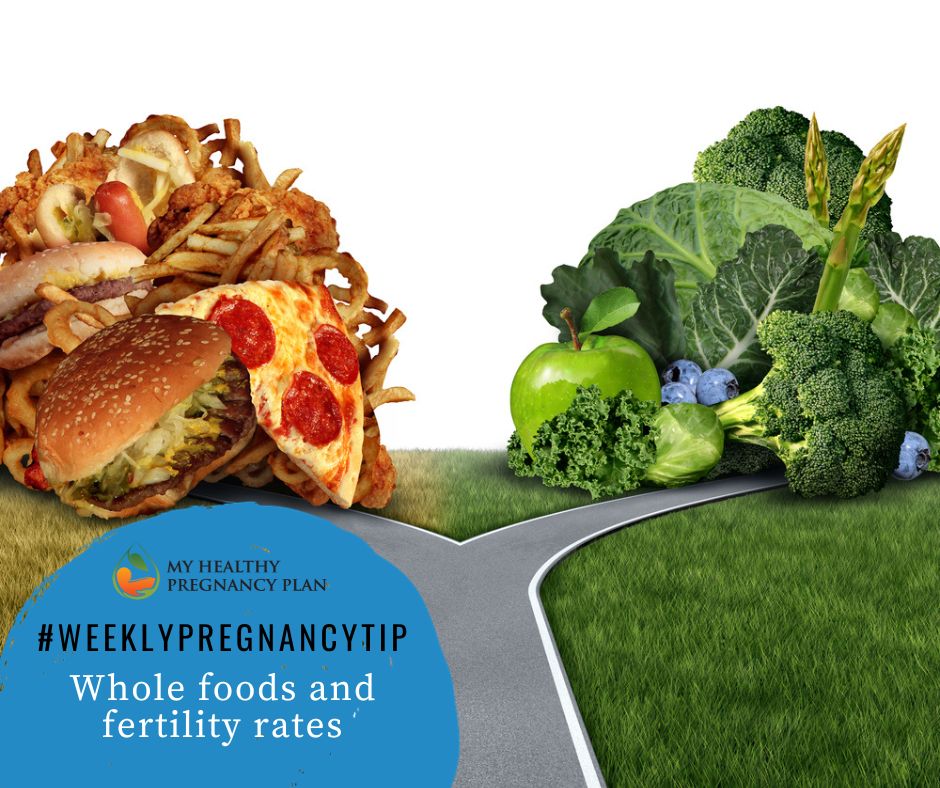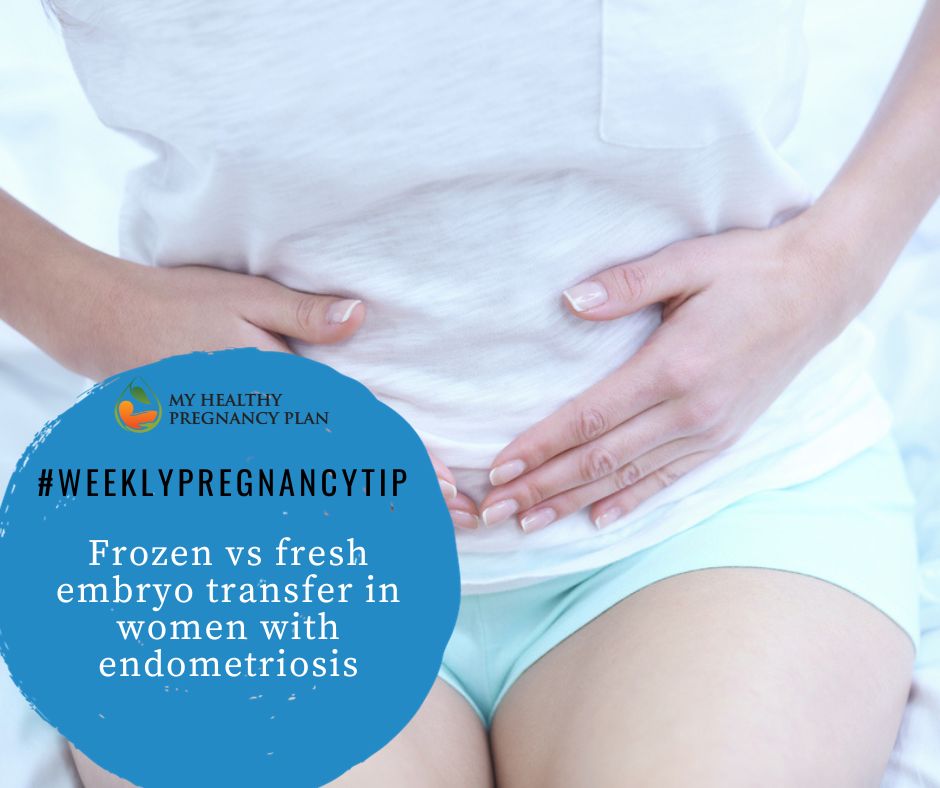The role a healthy microbiome plays in fertility and pregnancy maintenance is a favourite subject of mine, as seen in many prior blog posts and my online pregnancy course. New research from Ukraine’s Bukovinian State Medical University has taken a deeper look specifically at...
Read More
The potential of melatonin as a supplement in pregnancy
Bi-weekly pregnancy tip
Melatonin supplementation is a frequent recommendation for fertility preservation – well supported by research due to its antioxidant effects on preserving egg quality. Now, evidence from international studies is focusing on the important role melatonin also plays in implantation rates, fetal health and pregnancy...
Read More
IV vs oral iron treatment outcomes in anemic pregnancies
Bi-weekly pregnancy tip
As I have shared in prior blog posts and in my online pregnancy program, it is essential to treat iron deficiency anemia in pregnancy, when iron demands are higher – especially in the second and third trimesters. Anemia in pregnancy increases the risk of difficult outcomes...
Read More
Sperm DNA integrity and IVF outcomes: more to consider
Bi-weekly pregnancy tip
Male fertility is a complex issue, especially when coupled with IVF procedures. Beyond standard sperm analysis (count, shape and motility), analyzing the integrity of the DNA insider the sperm cells – using the DNA Fragmentation Index, or DFI, is a topic that I’m seeing...
Read More
Menopausal symptoms in women with a history of infertility
Bi-weekly pregnancy tip
The groundbreaking American Project Viva longitudinal study, which has been following pregnant women and their children since 1999, has released new data into the midlife effects of women in their study who have a history of infertility. The study found that women with infertility...
Read More
Pre-pregnancy plant-based diets and risk of hypertension in pregnancy
Bi-weekly pregnancy tip
The importance of good nutrition during pregnancy cannot be stressed enough. A new prospective cohort study has followed over 11,000 women in the Nurses’ Health Study II (with its predecessor, the Nurses’ Health Study, among the largest investigations into the risk factors for major...
Read More
Glycemic index, glycemic load, dietary inflammatory index, and risk of infertility in women
Bi-weekly pregnancy tip
Studies into the links between glycemic index and fertility are not new. The connection between high insulin levels and disruptions in hormone levels (particularly testosterone in the case of PCOS) is well documented. Now, a new study has expanded the nutrition question to include...
Read More
Air pollution and early miscarriage
Bi-weekly pregnancy tip
A new study from China has explored an issue of rapidly increasing importance: the effects of air pollution on early miscarriage rates. The study followed pregnant women in Nanjing, China, where the annual mean concentrations of air pollutants are three times higher than the...
Read More
Frozen vs fresh embryo transfer in women with endometriosis
Bi-weekly pregnancy tip
A successful IVF cycle is dependent not just on having good quality embryos, but also on a successful implantation in the uterus. More and more fertility clinics are recommending frozen embryo transfer (FET) over fresh transfers – meaning that the transfer is delayed by...
Read More
Glucose metabolism and recurrent pregnancy loss
Bi-weekly pregnancy tip
As the research flurry into recurrent pregnancy loss (RPL) continues, new research has emerged around glucose metabolism and RPL – particularly regarding insulin resistance. A recent study from the Vali-E-Asr Reproductive Health Research Centre in Tehran, Iran, has found that standard testing of fasting...
Read More

